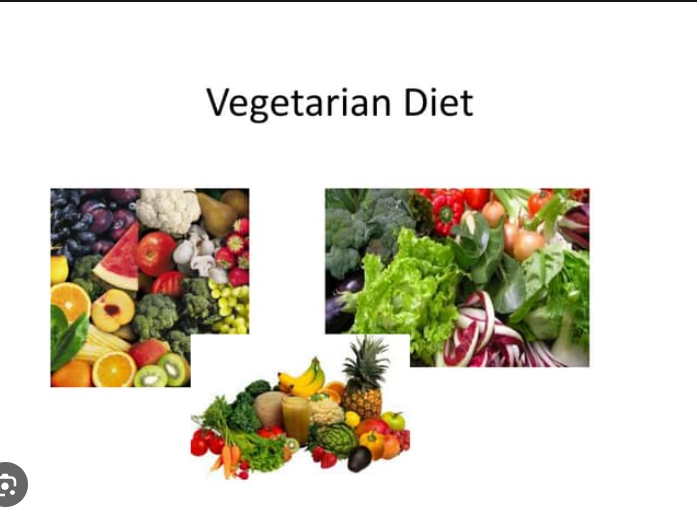As a dare, Sarah Tormey and her high school pals went vegan for two weeks when she was a teenager and followed veganism.
The Hudson Valley resident Tormey explains, “I was already a vegetarian, but I felt so much better eating a vegan diet, so I never stopped.”
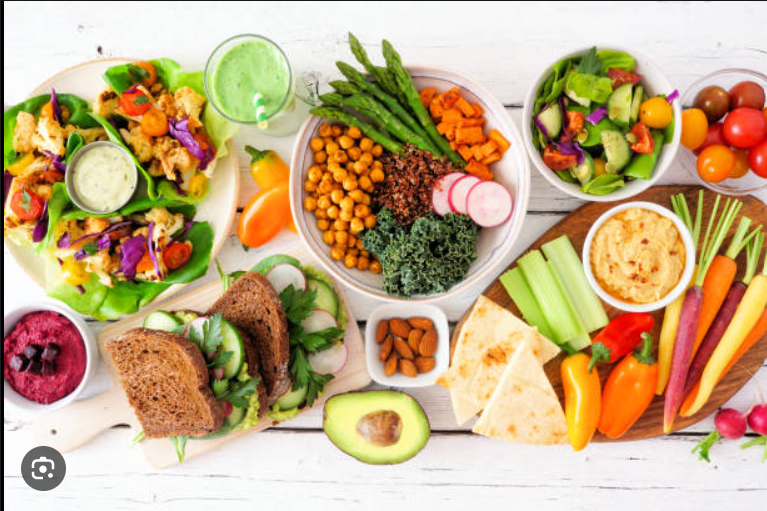
Also read-Diverticulitis Diet: Best Foods To Eat for Good Life And Good Health
Since then, Tormey has maintained her veganism for more than 25 years, and she has shared her love of the lifestyle with her teenage son.
“Being a vegetarian is a fantastic way to try new foods,” adds Tormey. “Our family eats a lot of Asian and Mediterranean-based foods, such as veggie stir-fry or falafel.”
Like Tormey, a lot of people are considering going vegan in an effort to improve their energy and overall health. Some people are adopting a vegan diet for different motives, such as defending animal rights or the environment. For a few, the idea of giving up cheese, seafood, and numerous other animal-based products can be daunting.
What Is a Vegan Diet For Veganism?
Veganism is a plant-based way of eating that consists of fruits, vegetables, legumes, nuts, whole grains, and other plants, as well as plant-based dairy products. The vegan diet avoids all foods and byproducts that come from animals, including:
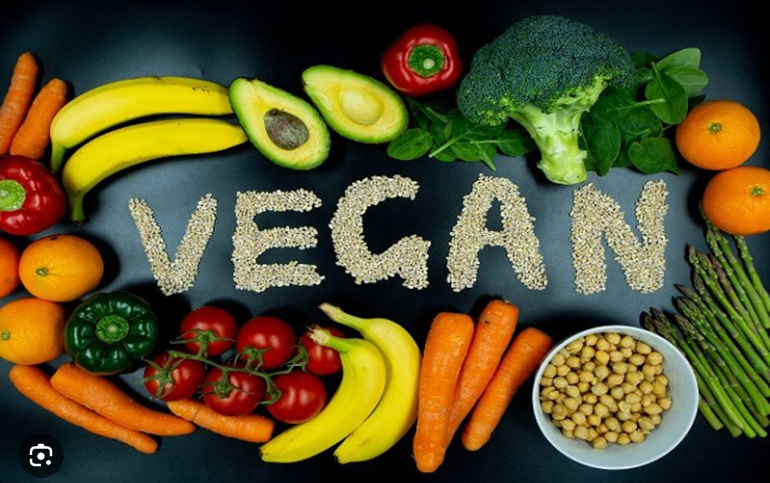
- Dairy.
- Eggs.
- Seafood.
- Meat.
- Poultry.
- Honey.
Although vegetarian and vegan diets both forbid meat, the key distinction between the two is that a vegan diet also forbids dairy, eggs, and animal derivatives like honey. Vegans frequently abstain from using any goods that are derived from or tested on animals, such as leather and some personal hygiene items.
Benefits of Going Vegan
Consuming a vegan diet has several advantages, including improved environmental effects and general wellness. For example, a low-carbohydrate vegan or vegetarian diet can lower body weight, enhance glycemic control, and lower blood pressure. This is according to a 2022 clinical trial with 164 male and female participants with type 2 diabetes.
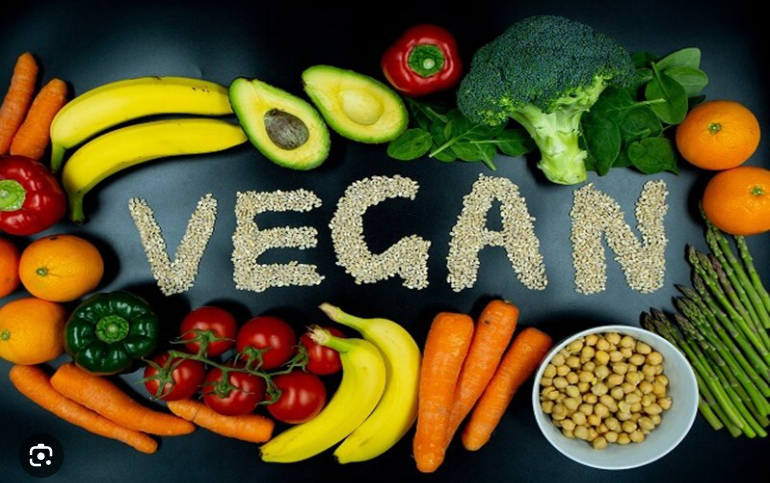
Plant-based eating habits, such as the vegan diet, have been linked to avoiding and lowering the risk of acquiring Alzheimer’s disease and related dementia, according to a review of clinical evidence published in the journal Nutrients. They discovered that the influence was connected to both the particular dietary components and the decrease in risk factors—such as diabetes, obesity, and cardiovascular diseases—that were connected to that eating pattern.
Tips for Starting a Vegan Diet
Whether you want to become vegan for health, environmental, or animal welfare reasons, it can be a significant lifestyle shift for some people, especially if you intend to remain with it for an extended period of time. Some pointers for acclimating to a vegan diet are as follows:
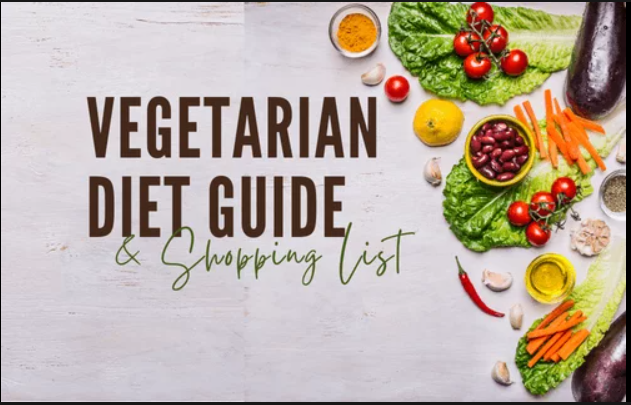
- Start off slowly.
- Read ingredient labels.
- Pay attention to protein.
- Supplement, supplement, supplement.
- Embrace meal preparation.
- Enjoy variety.
- “Veganize” your favorite foods.
- Consider consulting with a registered dietitian with expertise in plant-based eating.
Best Foods to Eat for Vegans
Here are some of the best foods for a vegan diet that are full of nutritious fiber, vitamins, and minerals:
Meat substitutes
- Beans.
- Jackfruit.
- Lentils.
- Mushrooms.
- Tempeh.
- Tofu.
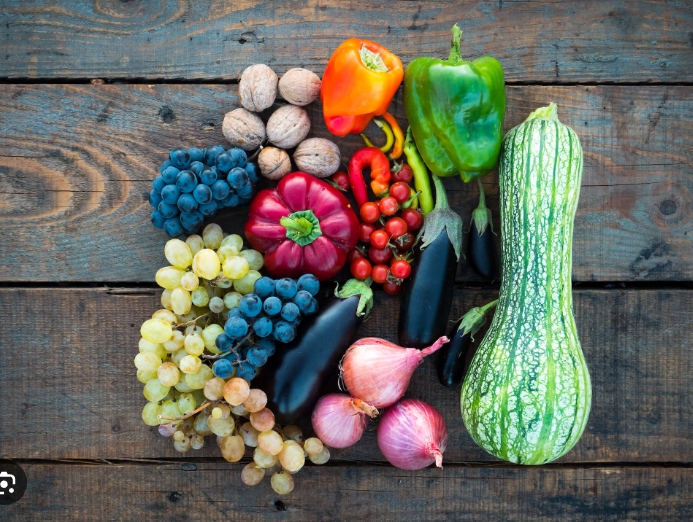
Plant-based protein
- Beans.
- Chickpeas.
- Hemp.
- Lentils.
- Mankai.
- Pea protein.
- Seitan.
- Soy protein.
- Grains.
Plant-based milks
- Almond milk.
- Cashew milk.
- Coconut milk.
- Hemp milk.
- Oat milk.
- Pea milk.
- Soy milk.
Keep in mind that some of these plant-based milks are not as nutrient-dense as dairy milk. Soy or pea plant milks are comparable to dairy milks in terms of protein content. Each type of milk has about 8 grams of protein per cup.
Vegan Meal Ideas
There are many websites and cookbooks that can help you find vegan dishes to easily incorporate into your life. Here are some ideas:
Breakfast
Choose one:
- on whole-wheat bread.
- Granola with plant-based milk like almond or soy milk
- Oatmeal with seasonal fruit
- Smoothies with silken tofu, almond milk, nut butters, fruits, and spices such as vanilla and cinnamon
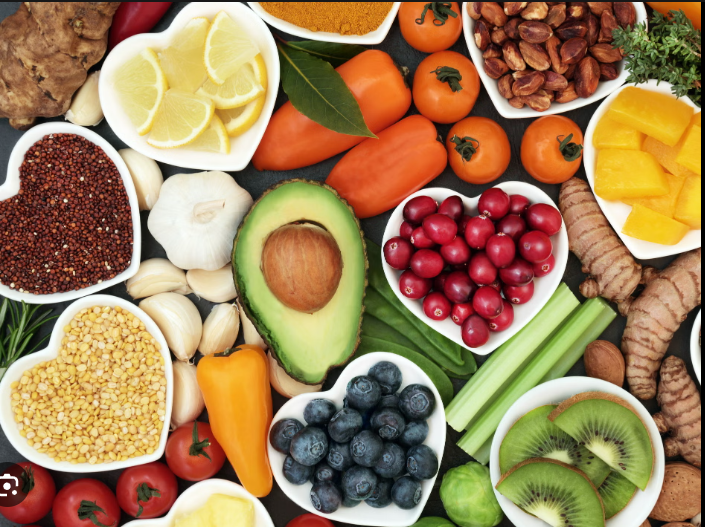
Lunch
Choose one:
- Greek salad with arugula, chickpeas, red onions, Kalamata olives, tomatoes, and a red wine vinaigrette
- Hummus and veggie wrap
- Roasted veggie sandwich with balsamic glaze
- Tomato or red pepper soup with French bread
Dinner
Choose one:
- Lasagna with vegetables and vegan cheese
- Tofu and vegetables are stir-fried.
- Quinoa pilaf with grilled tomatoes, zucchini, and portobello mushrooms
- Vegetable biryani with basmati rice
Snacks
- Apple slices and celery with peanut butter
- Guacamole and salsa with chips
- Kale chips.
- Roasted chickpeas with oil and spices like rosemary or curry
Bottom Line
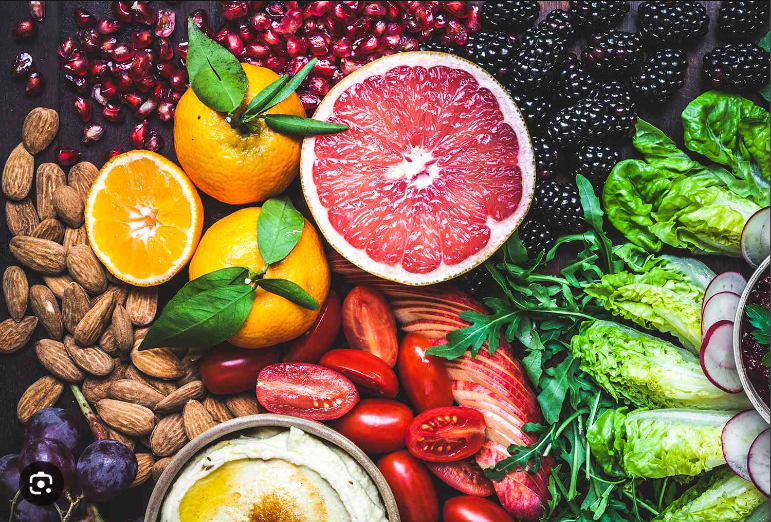
If you’re thinking about going vegan, there has never been a better time to do so than now. As more people become increasingly conscious of their health and the health of the planet, veganism has become more mainstream. These days, there are more products, websites, recipes, and restaurant options available that cater to this lifestyle.
Also read-Diverticulitis Diet: Best Foods To Eat for Good Life And Good Health
Disclaimer: The opinions and suggestions expressed in this article are solely those of the individual analysts. These are not the opinions of HNN. For more, please consult with your doctor.
images source-google







